Lebanon forms government after 13-month impasse
Lebanese leaders have agreed a new government after a 13-month deadlock that left the country grappling with a severe economic and financial crisis.
Prime Minister-designate Najib Mikati, and President Michel Aoun signed a decree forming the government in the presence of Nabih Berri, the speaker of parliament, the presidential office announced on Friday.
Mikati, a tycoon and a former premier, pledged to leave no stone unturned to rescue the country.
"We will make use of every second to call international bodies and ensure the basic everyday life needs," he said.
Mikati was designated to form a new government in July after the former PM-designate, Saad Hariri, resigned as a result of a nine-month political deadlock.
Mikati’s list of ministers includes many technocrats.
The Beirut government has been headed by a caretaker government since Prime Minister Hassan Diab resigned in the wake of the catastrophic Beirut port explosion in August 2020, which killed over 200 people.
Since then, Lebanese political groups have failed to resolve their differences and form a government.
The World Bank has called Lebanon’s crisis one of the worst depressions of modern history, ranking it among the world’s three worst since the mid-1800s in terms of its effect on living standards. The country’s currency has lost more than 90% of its value since fall 2019, and more than half of the population has been rendered jobless as businesses have shut down.
The crisis has forced nearly three quarters of the country’s six million inhabitants into poverty.
The situation worsened in August when the central bank decided to end subsidies for fuel products.
Fuel shortages in Lebanon have forced businesses and government offices to close, threatening to cause blackouts at hospitals and halt transportation and other vital sectors in the Arab country.
The economic and financial crisis is the gravest threat to the country’s stability since the 15-year civil war ended in 1990.
The crisis is mostly linked to the sanctions that the United States and its allies have imposed on Lebanon as well as foreign intervention in the Arab nation’s domestic affairs.
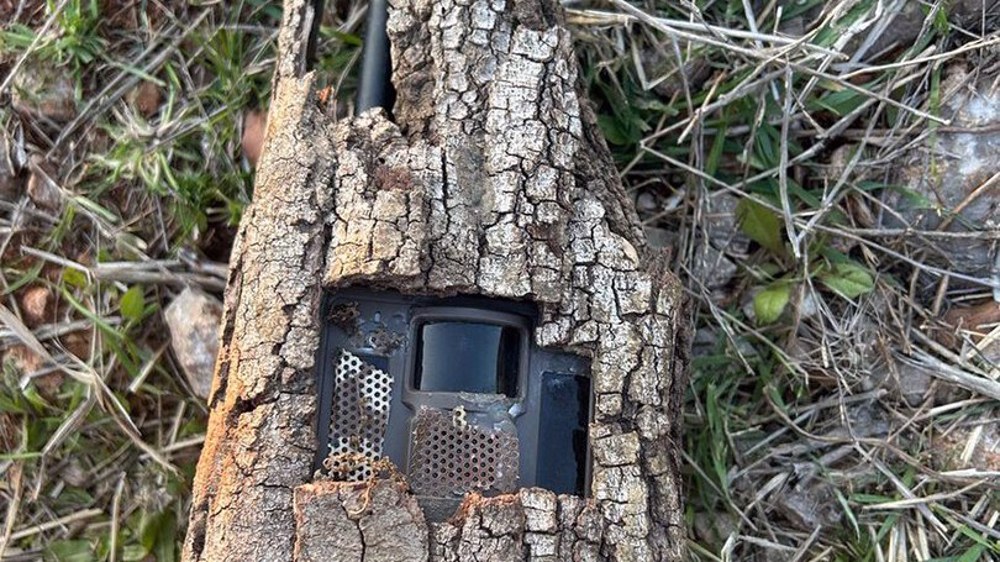
Two Israeli spying devices found, neutralized in southern Lebanon
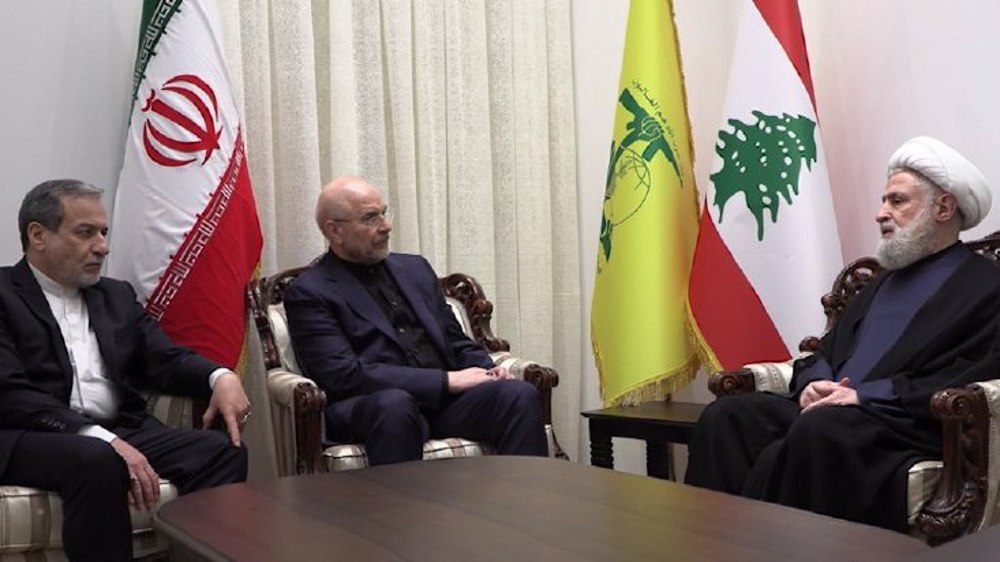
Iran’s parliament speaker, foreign minister meet Hezbollah chief in Beirut
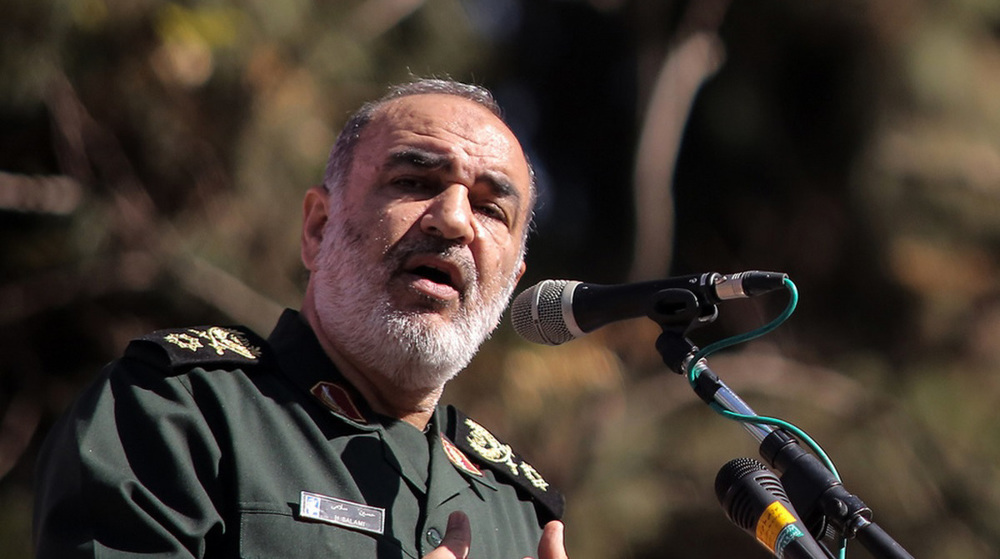
Flying warplanes over Beirut funeral exposed enemy’s fear of power, unity of nations: IRGC
Iranian flotilla makes port call in India with 'friendship message'
How UK counter-terror police colluded with Zionists to detain me after Beirut trip
Biden, Blinken, Austin referred to ICC over Gaza war crimes
EU will 'do the same' if US implements tariff hikes: France
VIDEO | Press TV's news headlines
British celebrities condemn BBC removal of Gaza documentary
Iran Army acquires tactical vehicles, audio surveillance systems
VIDEO | UK police detain anti-Zionist scholar upon return from Lebanon


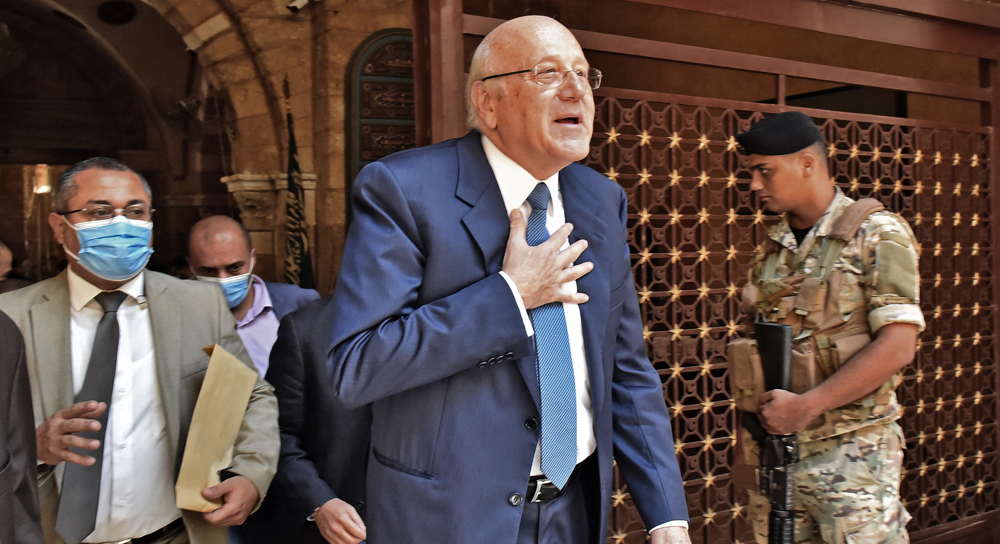
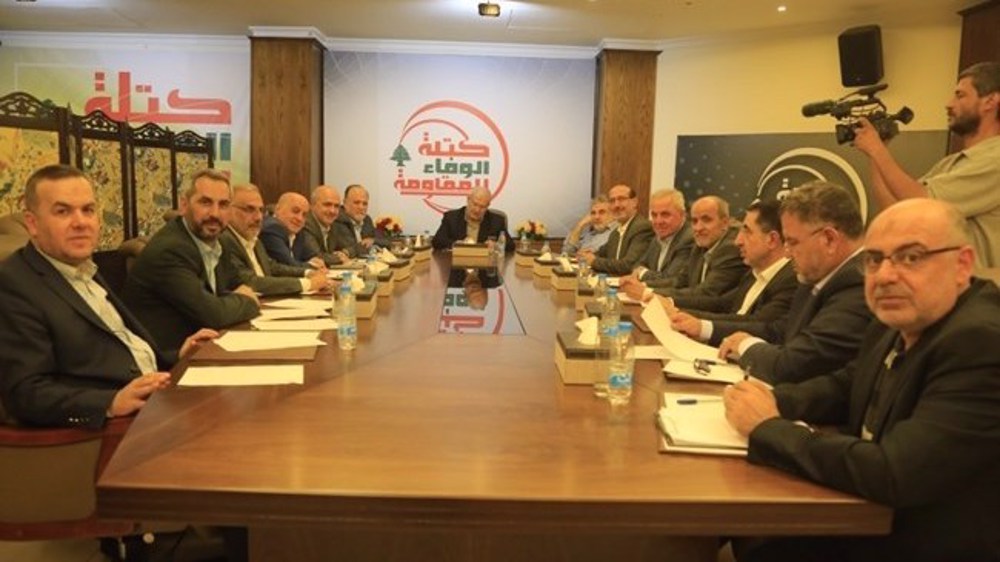



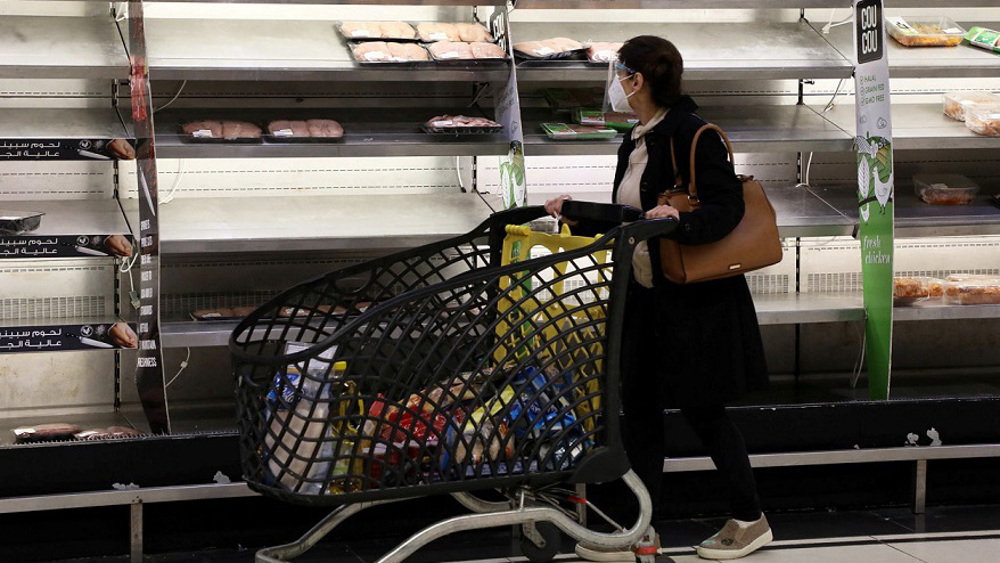
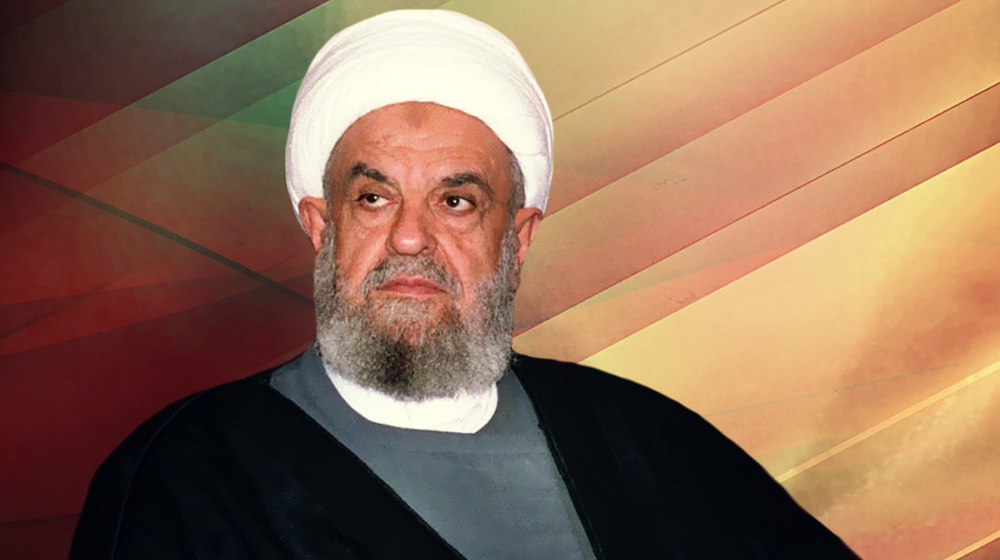
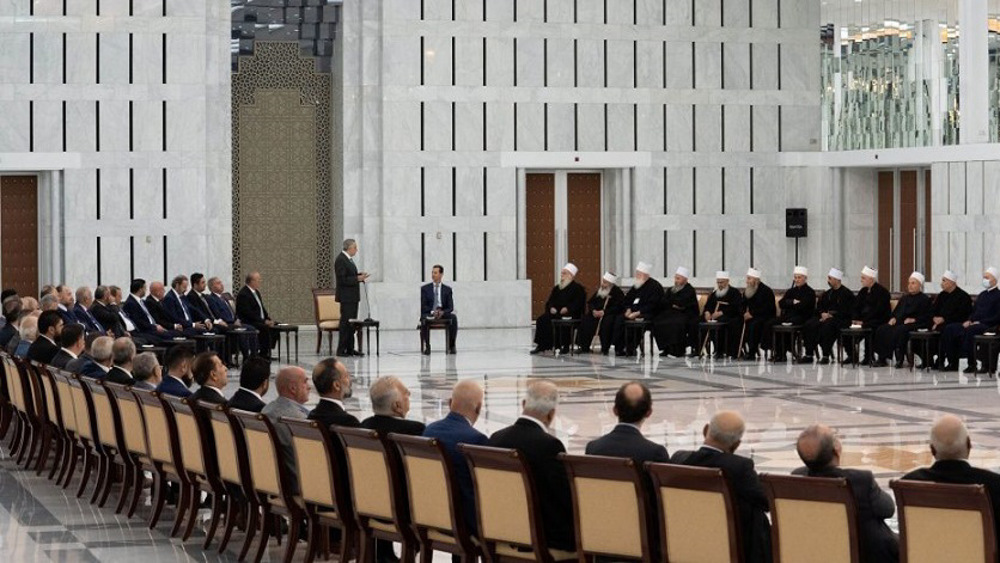
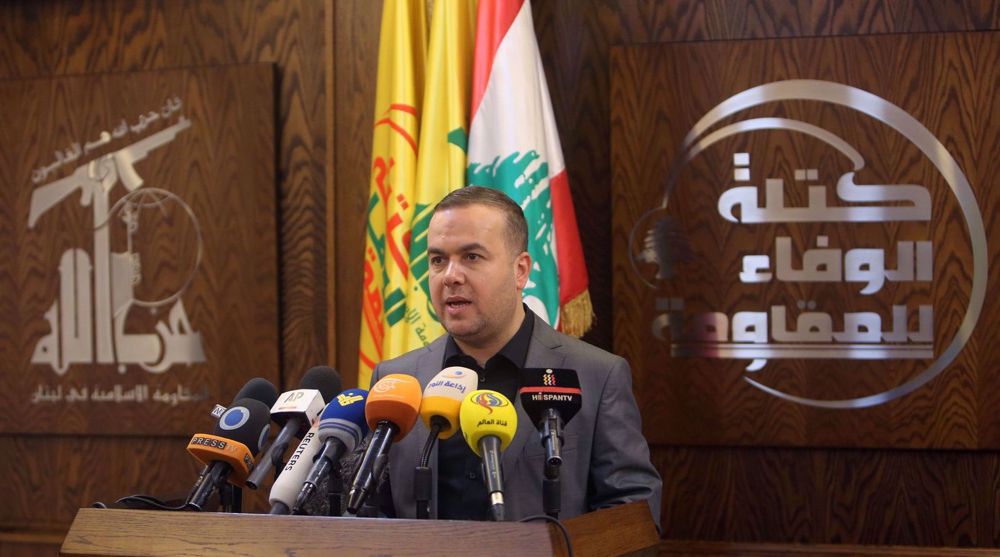

 This makes it easy to access the Press TV website
This makes it easy to access the Press TV website